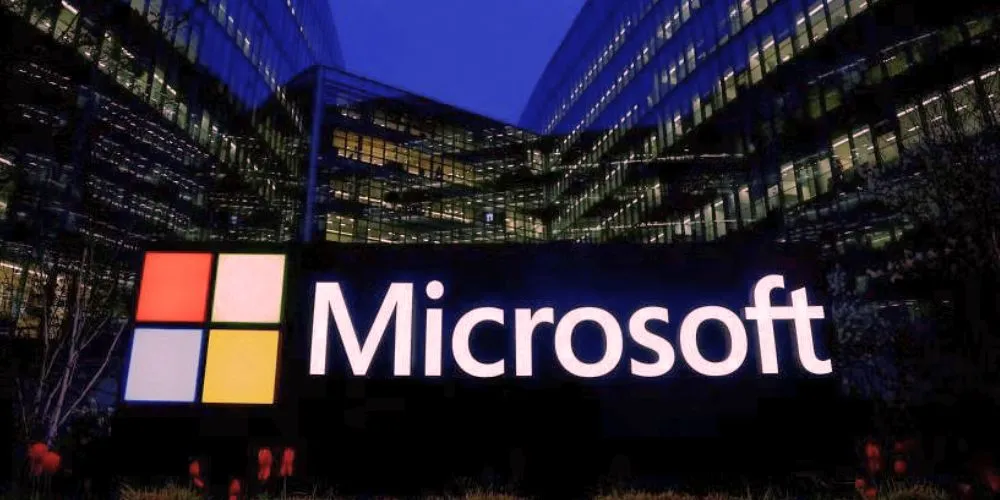Key Points
- Microsoft’s quarterly revenue growth is expected to be its slowest in a year.
- Despite major AI investments, adopting products like Copilot has been slower than anticipated.
- Capital expenditures increased by 71.7% to support AI infrastructure.
- Investor skepticism remains on 365 Copilot, though its adoption is gradually improving.
Microsoft is projected to report its slowest revenue growth in a year on Wednesday, with analysts and investors closely watching for signals of growing AI demand. Despite being a frontrunner in generative AI—thanks to a multi-billion-dollar investment in OpenAI, the creator of ChatGPT—the company has encountered lukewarm adoption for its new AI-powered tools, such as the $30-per-month enterprise Copilot assistant. This slow uptake has sparked investor concerns about the timing of returns on Microsoft’s heavy investments in AI.
Morgan Stanley analysts have noted “a wall of worry” around Microsoft’s earnings, highlighting rising capital expenses, reduced profit margins, uncertain AI returns, and complications due to the company’s recent financial reorganization in August. Microsoft restructured its reporting to align more closely with its management setup, making it challenging to assess quarterly performance based on traditional metrics.
While Microsoft’s stock is up roughly 14% for the year, it has only increased by about 1% since the last earnings report in July, underperforming the broader S&P 500 index. Investors are cautious about how the company’s substantial AI investment will impact long-term growth.
Analysts expect Microsoft’s Azure cloud-computing unit to have grown by 33% in the last quarter, ending September 30, aligning with company forecasts. Although AI added 11 percentage points to Azure’s fourth-quarter growth, the overall business growth has decelerated. Microsoft stated in July that Azure’s expansion would pick up in the latter half of the fiscal year, with a projected revenue increase of 14.1% to $64.51 billion for the September quarter.
However, capital expenditure remains high, with a significant 71.7% increase to $19.23 billion, according to Visible Alpha, as Microsoft continues building its AI infrastructure to support growing demand.
The adoption of Microsoft’s Copilot assistant, which integrates AI across Office products, has been slower than anticipated. A survey by Gartner in August showed that most of the 152 IT companies surveyed have only progressed Copilot initiatives to the pilot stage. Analysts are optimistic that recent enhancements, such as autonomous AI capabilities, could drive more interest in Copilot.
Melius Research analyst Ben Reitzes observed that investor skepticism persists, as many do not actively use Copilot, though improvements are noted as more companies adopt the tool.
Microsoft’s productivity and business processes unit, which includes Office, LinkedIn, and 365 Copilot, is projected to report steady growth of around 12%. Meanwhile, the intelligent cloud division, which houses Azure, is likely to show a 20% revenue increase, while personal computing, encompassing Windows and gaming, is stabilizing with modest gains as the PC market improves.




